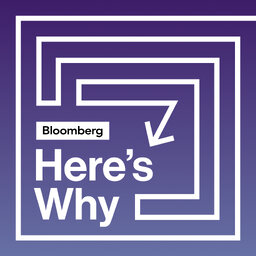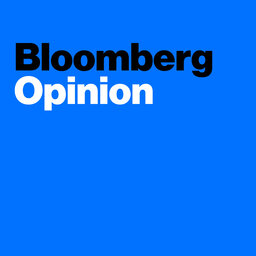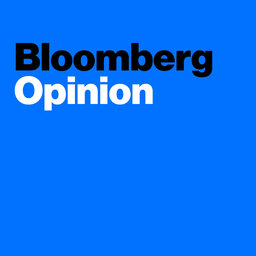Blackouts Loom
The Fed is about to enter its traditional pre-FOMC blackout period, so speakers were plentiful this week. We speak with Conor Sen about whether traders are pricing in the right move in September. Clara Ferreira Marques joins to analyze Vladimir Putin's propaganda agenda via RT. And Shuli Ren considers how China could learn lessons on growth from its Communist neighbor Vietnam.
In 1 playlist(s)
Bloomberg Opinion
Deeper conversations on the week's most significant developments. Tune in and join in!Social links
Follow podcast
Recent clips

Introducing 'Here's Why' - Complex News Stories Explained
00:30

Airline Mergers and Restaurant Loyalty
35:20

Fossil Fuel Use and Drug Development
35:28
 Bloomberg Opinion
Bloomberg Opinion